Iran’s death row victims from barista to karate champion as brutal executions continue
It comes as Rishi Sunak condemns “callous and cowardly” execution of British-Iranian amid crackdown on dissent
The execution of a British-Iranian has sparked worldwide outrage, as relations between Tehran and the West continue to deteriorate.
Alireza Akbari’s death has been condemned by the UK and the US, with Prime Minister Rishi Sunak branding it a “callous and cowardly act, carried out by a barbaric regime”.
It comes as the Iranian authorities continue to crack down on anti-government protests, killing hundreds of people and arresting thousands more.
In its latest update from 13 January, Human Rights Activists in Iran said the death toll for protesters since 17 September is 520, including 70 children. At least four protesters have been executed and an estimated 109 more are on death row, the rights organisation says.
Below, we look at some of the men who have lost their lives already and just some of the many others on death row who await their fate.
Mohsen Shekari, 23
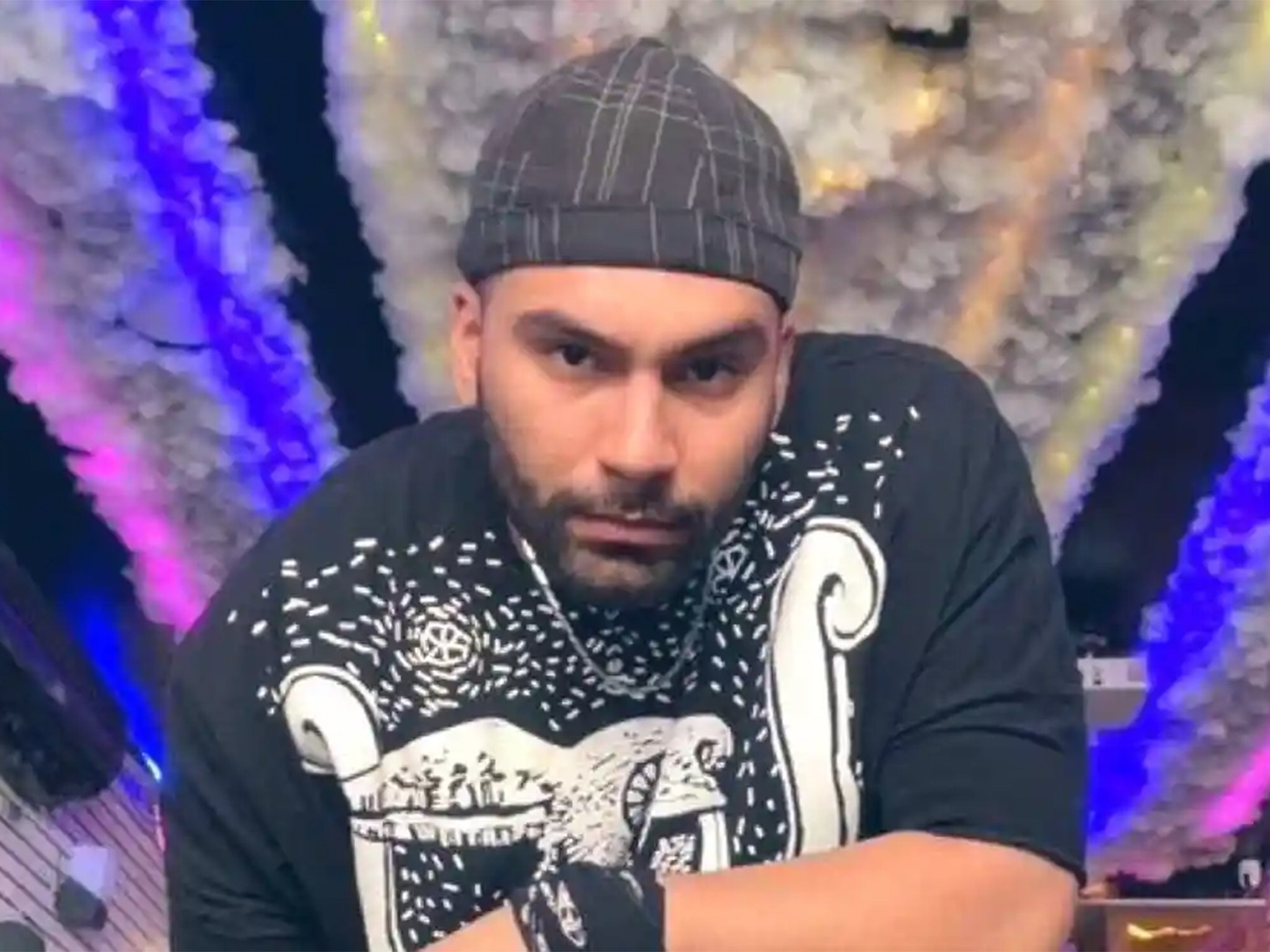
Mohsen Shekari was executed less than three months after his arrest for “waging war against God”.
The 23 year-old was accused of burning a bin, blocking a road, and stabbing a member of the Basij militia with a machete.
Shekari lived in Tehran with his parents, where he was employed at a coffee shop in a working-class neighbourhood.
He was arrested on 25 September, convicted on 20 November and his death reported on 8 December.
He was charged with “moharebeh”, a Farsi word meaning “waging war against God”, a charge which has been issued to several protesters.
Mohammad Mehdi Karami, 22
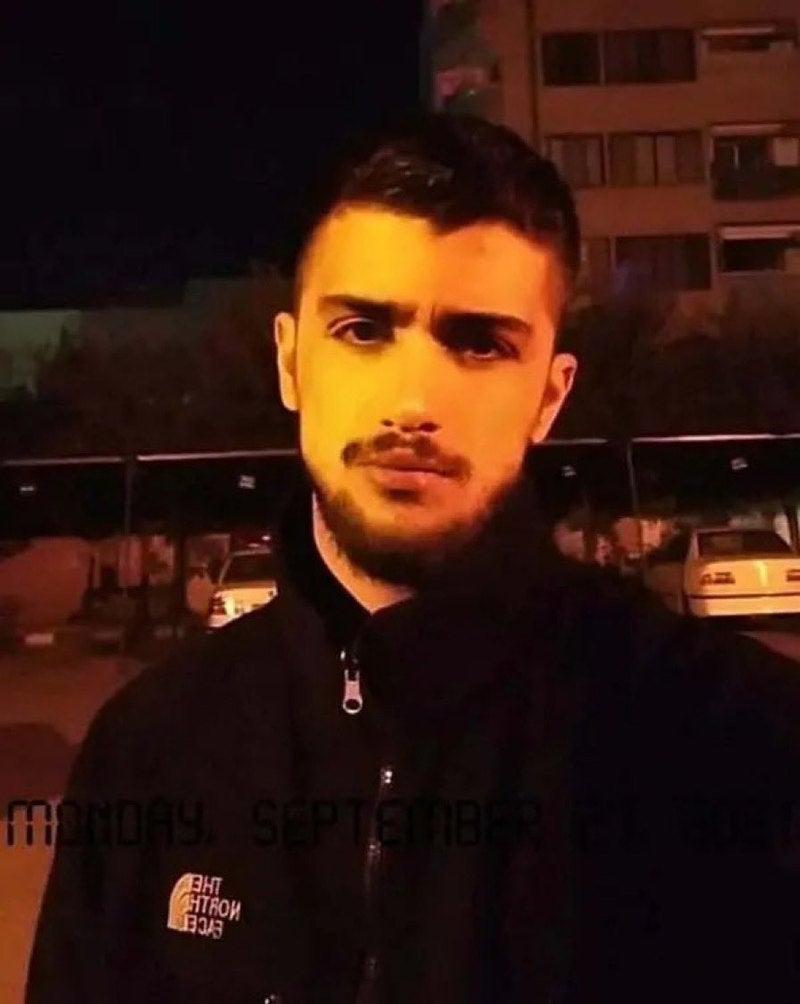
Mohammad Karami was a karate champion, winning over a dozen medals in national contests.
He was put to death on 7 January, prompting widespread international condemnation, including from Pope Francis.
His parents had issued a video appeal on social media, begging for the authorities to spare his life. His father Mashallah Karami said that a family lawyer was not allowed to access his son’s case, which was fast-tracked by the authorities.
The 22 year-old was executed alongside Seyed Mohammad Hosseini, with both accused of killing a member of the Basij militia during a protest in Karaj, outside the capital Tehran.
Seyed Mohammad Hosseini, 39
Seyed Mohammad Hosseini was arrested in November during an anti-government protest.
A lawyer representing him claimed that he was tortured and suffered physical abuse while in prison. Hosseini claimed that he had been forced to confess, before he was found guilty at trial over the Basij killing.
Ali Sharifzade Ardakani wrote on Twitter before his client’s death: “He has been severely tortured, beaten up, with tied hands and closed eyes, kicked in his head and falling unconscious, beaten up with an iron bar to his soles of the feet and given electric shocks on different parts of his body.”
Amnesty International’s deputy director for the Middle East, Diana Eltahawy, said in response to the executions: “The arbitrary executions of Mohammad Mehdi Karami and Seyed Mohammad Hosseini, just days after their death sentences were upheld, reveal how the Iranian authorities continue to wield the death penalty as a weapon of repression.”
She added the deaths “serve as a chilling reminder that scores of others remain at risk of execution”.
Majid Reza Rahnavard, 23
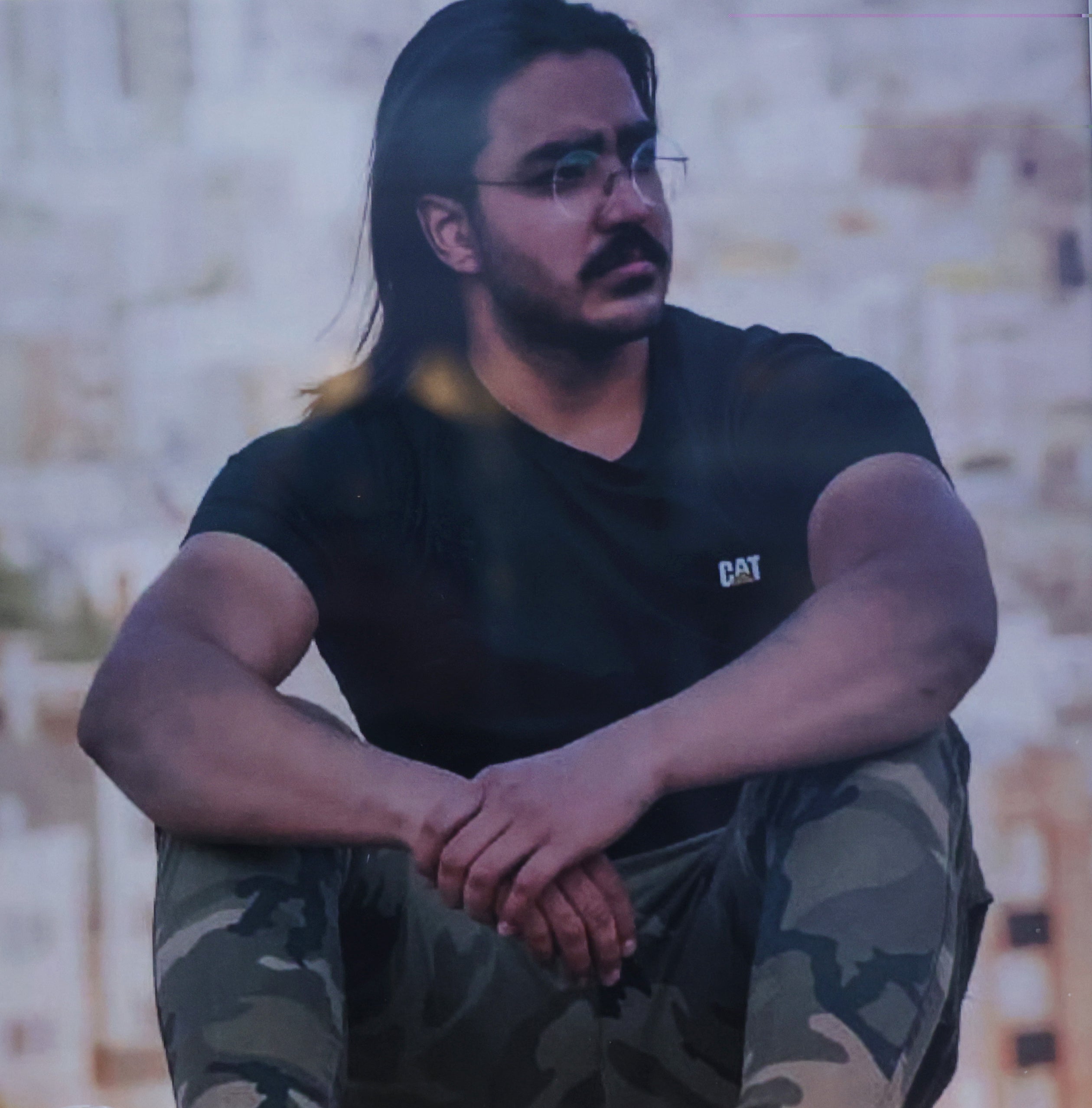
Majid Reza Rahnavard was the second protester to be officially executed in response to the protests. He was publically hanged in December.
The 23-year-old was accused of the stabbing of two members of the Basij militia to death and wounding four other people in Mashhad.
Rahnavard worked in a women’s clothes shop in Iran’s second largest city and was described as an avid athlete who trained as a gymnast and a wrestler, according to relatives.
In a video shared with the New York Times, and verified by members of his family, Rahnavard appeared blindfolded with a hand in a cast.
He told a reporter: “I don’t want them to cry at my grave. I don’t want them to pray and recite the Quran for me. Be happy and play joyful music.”
Alireza Akbari, 61
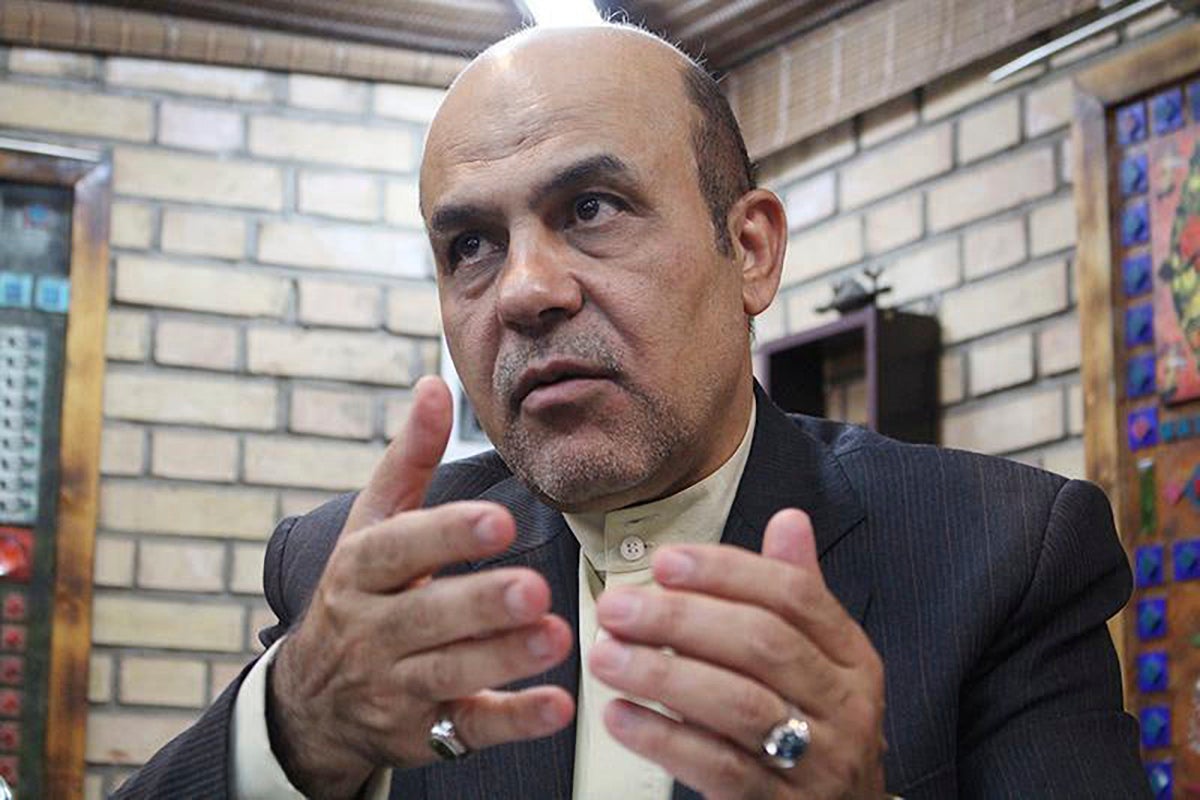
While not part of the recent protests, British-Iranian dual national Alireza Akbari’s execution has also led to widespread condemnation of Tehran’s brutal punishments.
Arrested in 2019, the ex-deputy Iranian defence minister was put to death on charges of spying for the British authorities.
Foreign secretary James Cleverly described his execution as a “politically motivated act by a barbaric regime that has total disregard for human life.” The minister went on to say the killing would not go “unchallenged”.
In an audio recording broadcast by BBC Persian in the days before his death was announced by state media, Akbari said he had confessed to crimes he had not committed during months of torture in detention.
“I was interrogated and tortured for over 3,500 hours in 10 months. All of that were recorded on camera ... by using the force of gun and making death threats they made me confess to false and baseless claims.”
Mehdi Mohammadi Fard, 19, sentenced to death
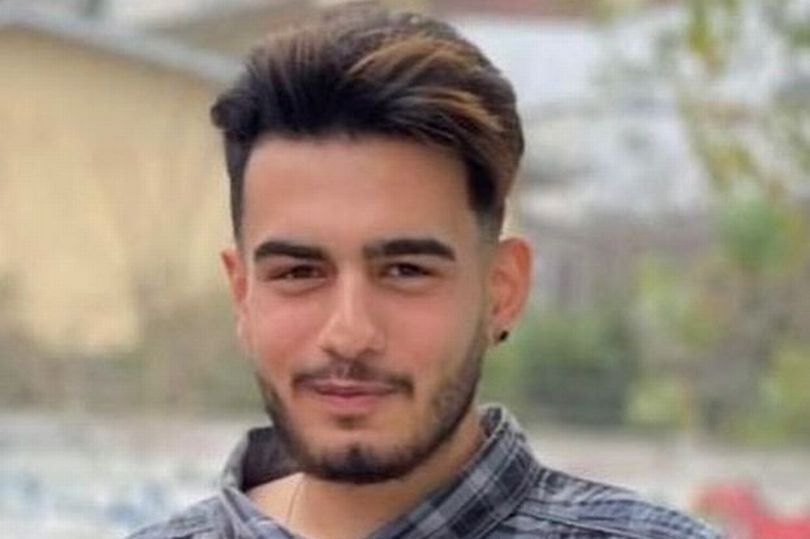
Mehdi Mohammadi Fard was arrested and kept in solitary confinement for protesting against the Iranian regime.
His UK-based family, who live in Nottingham, have appealed to their local MP to try and secure Fard’s release from prison.
His family claim he has been tortured, assaulted, beaten and sexually assaulted while in custody.
Speaking to NottinghamshireLive, a family member said: “He [Mehdi] only had some water, but he had no food and nothing to sleep on. It was full of rats and cockroaches.
“He was tortured. He was hung upside down. He has been forced to confess things he has not done, for example burning the Koran. He has not done that, but even if he would have – this is not a crime to be executed for. It is absolutely arbitrary.”
Mehdi was sentenced to death on 1 January, just a few days before turning 19. The family were told that he would be executed in 20 days.
Mohammad Ghobadlou, 22, sentenced to death
Amnesty has said Mohammad Ghobadlou is at grave risk of execution after the Supreme Court upheld his conviction and death sentence on 2 January.
Psychiatrists had written an open letter to the judiciary in Iran calling for a closer examination of the 22-year-old’s mental health.
He was sentenced to death for “spreading corruption on earth” after a “sham” trial before a Revolutionary Court in Tehran, the charity said.
The prosecution relied on torture-tainted “confessions” to convict him of running over officials with a car, killing one and injuring others, Amnesty added.
In December the organisation published a list of others who were at risk of being put to death in Iran, which included more than two dozen names.
Join our commenting forum
Join thought-provoking conversations, follow other Independent readers and see their replies
Comments


Bookmark popover
Removed from bookmarks